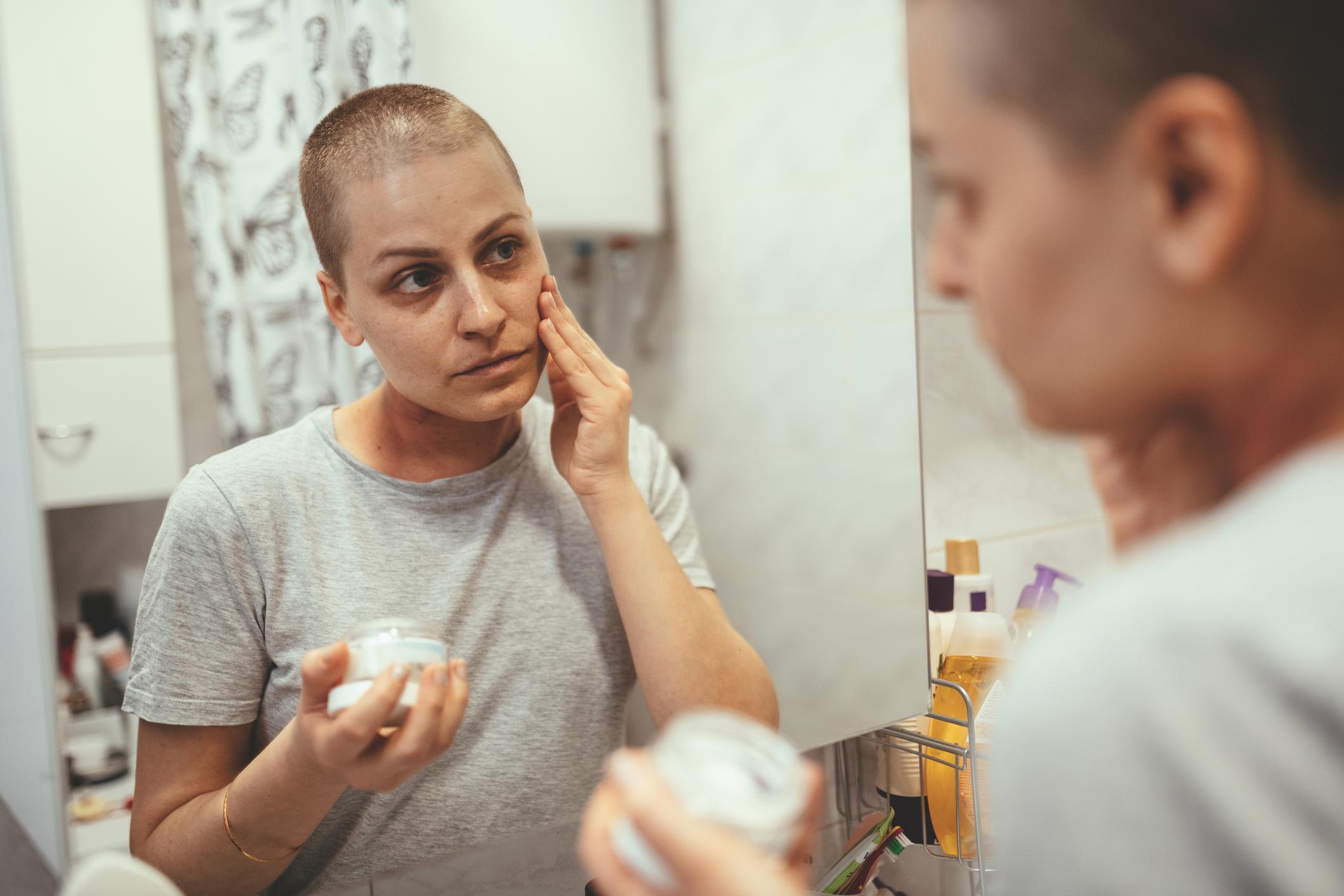Journey Overview
Navigate your journey with acute graft versus host disease (GVHD) with insights from a leading physician, questions to help you prepare for your appointments, and a guide to the healthcare providers who treat this rare condition.
A Patient’s Journey with Graft vs. Host Disease
John F.
Diagnosis (DX): Acute Graft Versus Host Disease
First Symptoms:
- Skin rash
- Jaundice (yellowing skin/eyes)
- Nausea, vomiting, diarrhea
- Complication following allogenic stem cell transplantation
- May occur in 50 percent or more of stem cell recipients
- Typically occurs within 100 days of transplant (but not always)
Graft vs. Host Disease: A Physician’s Perspective
Three answers from Dr. Amer Zeidan
Specialty: Dr. Amer Zeidan is an associate Professor of Internal Medicine (Hematology) at Yale University.
“If you are living with graft versus host disease, the best thing you can do is follow your treatment plan, keep learning about the condition, and keep working with your healthcare providers.”Read More
Get to Know Your Care Team
The Conversation: Topics to Discuss with Your GVHD Care Team
If you develop acute GVHD, the best thing you can do is to continue to work with your healthcare team. Treatment for acute GVHD depends on the symptoms a person is experiencing and the severity of symptoms. Use these topics and questions as a guide when you meet with your healthcare team.
What treatments do you recommend at this point in my care?
How do these treatments work to treat GVHD?
What is the risk of side effects? How will treatment affect my immune system?
How do I minimize the risk of infection while treating GVHD?
How long will I be taking this medication?
How will we know if treatment is working? What other options are available if a treatment doesn’t work?
Are there other specialists I should be working with?
What can I do to care for my body and my health during treatment?
Contact your healthcare provider if you experience any new symptoms or changes in symptoms.
Contact your healthcare provider if you have a fever—this can be a sign of infection.
Tell your healthcare provider how you feel—including your moods. Recovering from a transplantation and GVHD can both impact mental health.
More on Graft Vs. Host Disease
Article
Nutrition and Graft Versus Host DiseaseHow GVHD impacts nutrition, and why nutrition should be a focus of treatment and recovery.
Article
Strategies to Avoid Infection When Treating GVHDMedications that treat graft versus host disease can increase your risk of infection. Here’s how to keep yourself s...
Article
How to Care for Your Skin When You Have Acute GVHDFive strategies for protecting your skin while treating acute graft versus host disease.



